
Categories: London Living, Programmes, Universities
Are you fascinated by how people behave and connect in various environments like cultures, groups, or societies? Are you eager to uncover the patterns that shape human interactions and motivations?
If your answer is yes, then you're in the right place. In the following blog post, we'll help you determine whether gaining a degree in Social Sciences and starting a career in this field aligns with your aspirations and goals.
Fact: The term "social science" is very broad. However, in essence, it comprises a group of disciplines that centre around how individuals behave within society. It also addresses topics such as what causes unemployment, and explores triggers for economic growth.
Before we uncover the world of exciting career possibilities, let's take a moment to explore the essential skills that come to life through a social sciences degree. These skills include research, honing the art of effective writing, mastering the art of communication, and nurturing analytical thinking. Now, let's explore these skills in greater detail to understand their profound impact on career paths.
In the world of social sciences, professionals possess expertise in both quantitative and qualitative research. Research serves as a cornerstone skill, integral for collecting data that offers genuine insights supported by rigorous scientific evidence. As social science experts work towards solving various societal issues, they diligently engage in research, employing a disciplined approach to uncover effective solutions.
Writing emerges as a pivotal skill, as the discipline involves intricate documentation processes to establish robust scientific evidence. Whether you're a psychologist, sociologist, political scientist, or economist, the practice of recording observations and investigations remains central to shaping key concepts and insights.
Social science professionals rely on their adept analytical thinking abilities to keenly observe and identify patterns within social phenomena. This essential skill extends to interpreting intricate data and making informed decisions grounded in a multitude of influencing factors.
Social science professionals should have the ability to communicate effectively and convey important ideas and concepts. As an international student, you’ll be able to communicate in at least two languages - your native one and English, thanks to your time with SCL International College. That will double your employability!
Now that we’ve reviewed the skills you’ll need, let’s unveil some of the most common branches of social science. We'll shed light on each specialisation, and this will help you narrow your list during the decision-making process regarding social science studies and your future career path.
Anthropology is about studying people all around the world, how they changed over time, how they act, adjust to different places, talk to each other or make friends. Learning anthropology gives you special skills for working with people and opens doors to varied roles within different sectors.
Career options with a degree in anthropology:
For anthropologists, career paths often lead to academia or research roles. Alternatively, graduates can explore opportunities in fields such as social policy, teaching, or working with development agencies, NGOs, and international organisations. Examples of other roles include work in the public and not-for-profit sectors, all branches of the Civil Service, local government, charities, central government bodies and universities.
Are you curious to know what a day in the life of an anthropologist looks like? Watch this short video below to find out!

When you choose economics as your major in social sciences, you embark on a journey of understanding how economies function and interact with societies. You learn about concepts like supply and demand, market dynamics, and resource allocation. You explore various economic systems, their strengths, and limitations. Overall, studying economics within social sciences empowers you to grasp the intricate connections between human behaviour, societal dynamics, and the financial world.
Career options after studying economics:
You could step into roles such as an economist, market analyst, policy advisor, financial consultant, or data analyst. Whether in the private sector, governmental organisations, research institutions, or non-profit entities, your social sciences background with an economic edge opens doors to shaping economies and societies on a grand scale.
Dive into the realm of government, power, and policy. Gain knowledge about the structures and functions of different political systems, both national and international. Studying politics equips you with critical thinking and analytical skills to assess complex issues, understand diverse perspectives, and contribute to shaping effective policies. It empowers you to navigate the complexities of governance, advocate for change, and engage in meaningful discussions about the world's most pressing challenges.
Career options in politics:
Explore the roles of institutions, from legislatures to executive bodies, and study the dynamics of political behaviour and public opinion.
Potential career paths include policy analysts, public affairs specialists, communications specialists or political journalists.
Become a political advisor and offer guidance to political leaders, helping them formulate strategies and make informed decisions based on your deep understanding of political dynamics and public sentiment.
Or as a Political Campaign Manager, you can learn about voter behaviour and gain insights in social trends and plan successful political campaigns.
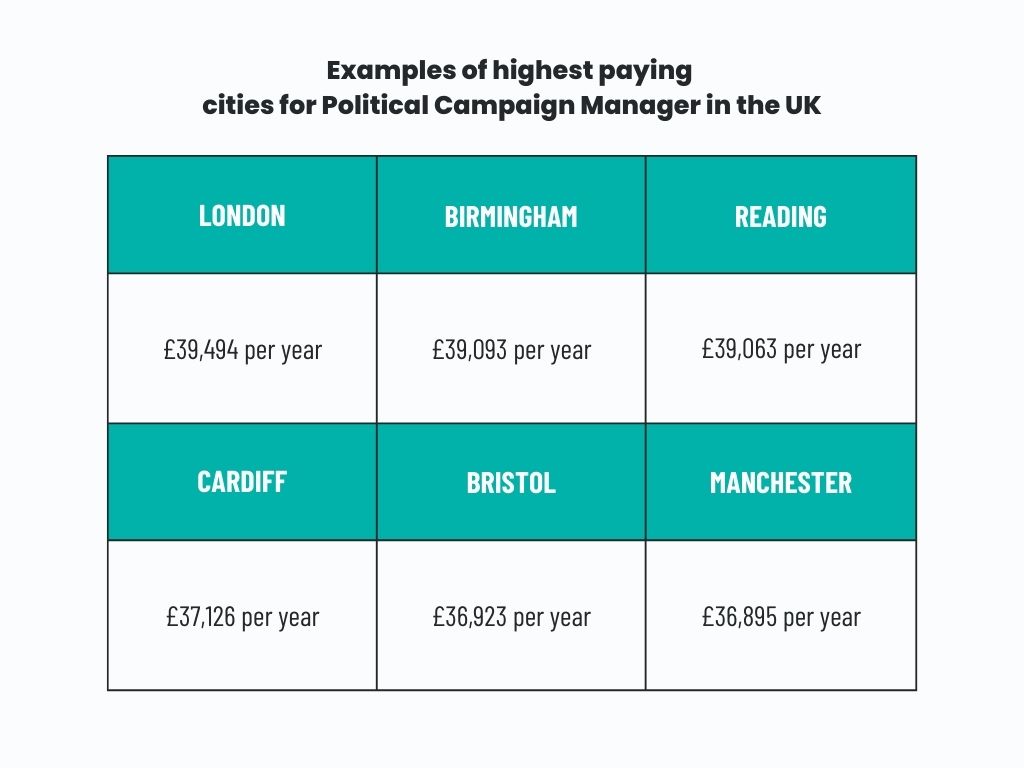
Delve into topics like cognitive processes, emotions, social interactions, and personality development. Learn to understand and analyse individual and group behaviour, examining factors that influence thoughts and actions. Studying psychology equips you with the ability to empathise, communicate effectively, and comprehend the complexities of human experiences.
Career options:
Discover careers in counselling, research, education, healthcare, and various fields where understanding human behaviour is essential. For example, you could become a clinical psychologist, helping individuals cope with mental health challenges or you might venture into educational psychology, supporting students' learning and emotional well-being.
A Social Sciences degree focusing on law offers many promising career paths, such as becoming a lawyer, representing clients in legal matters and providing expert advice. Or, as a paralegal, you can assist lawyers with research and administrative tasks. Your expertise could also lead to policy analysis or advocacy opportunities, shaping laws and regulations at governmental or non-profit organisations.
Career options:
With a social sciences degree in law, you're equipped to pursue careers in diverse sectors like corporate law, criminal justice, human rights, or even academia.
When you dedicate your efforts to university studies, it's only natural to be curious about the opportunities your degree can unlock. In this section, we've carefully curated a collection of the most fulfilling and financially appealing roles (according to Indeed, a UK career guide) which your degree can open doors to in the UK.
Our goal is to keep you inspired and driven throughout your academic journey. So without further ado, let’s go!
In the UK, you can find fulfilling roles such as a School Counsellor and work in an educational setting and support students with academic, emotional, and personal challenges. Or you can become a Mental Health Counsellor and provide therapeutic support to individuals dealing with mental health issues. Another example is a Career Counsellor, who assists individuals in identifying suitable career paths, offering guidance on job searches, resume building, and interview skills.
Holding a social sciences degree can open doors to various roles within the police force, where your understanding of human behaviour and societal dynamics can be invaluable. Some of these roles include becoming a Criminal Investigator, when your understanding of human behaviour aids in analysing evidence, conducting interviews, and piecing together complex cases. Or an Intelligence Analyst, when your expertise in analysing social trends and behaviours helps in interpreting data, identifying potential threats, and informing strategic decisions.
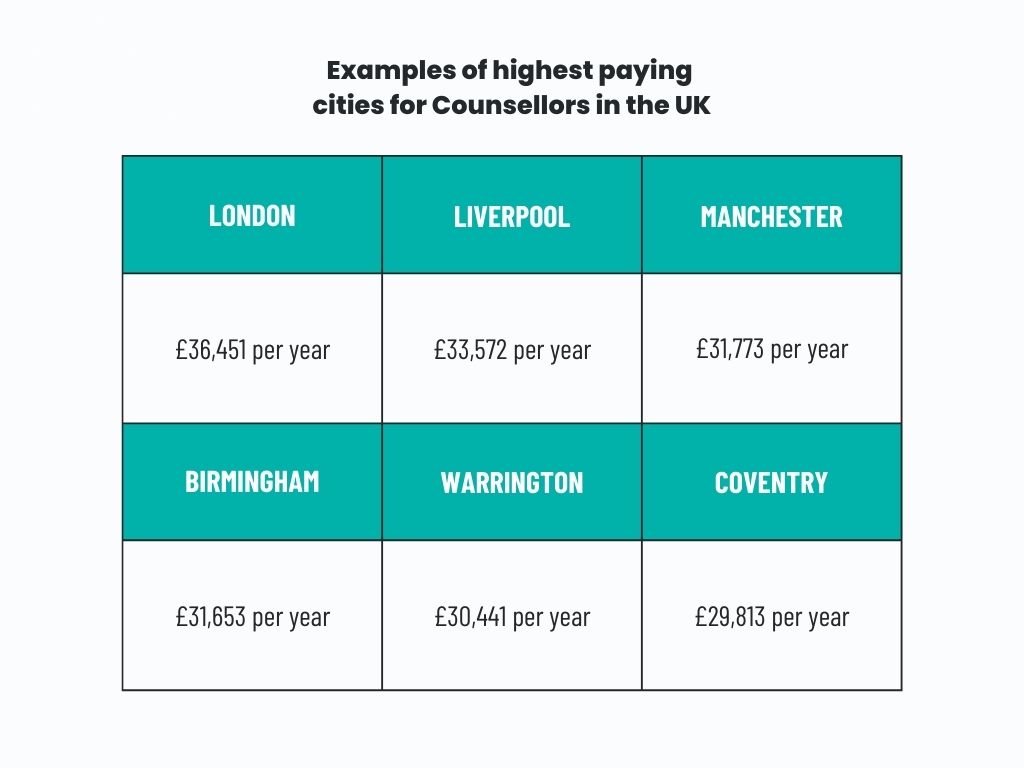
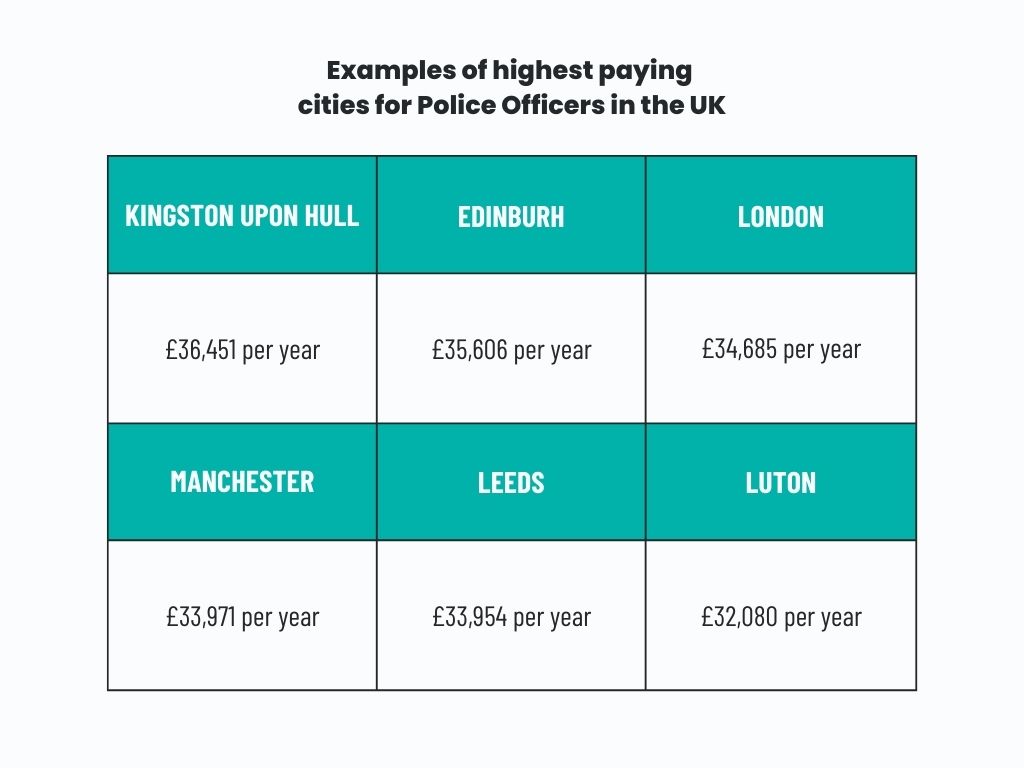
Craft messages that resonate with various stakeholders, both internal and external as a Corporate Communications Specialist or as a Media Relations Officer. You can gain insights into human behaviour and establish and maintain relationships with media outlets, ensuring accurate and positive coverage of your organisation.
As a Market Research Analyst, your understanding of consumer behaviour equips you to study market trends, conduct surveys, and analyse data to guide marketing strategies. Another role in this field could be becoming a Social Media Analyst where your insights into online interactions enable you to analyse social media data, track engagement, and provide recommendations for effective digital marketing campaigns.
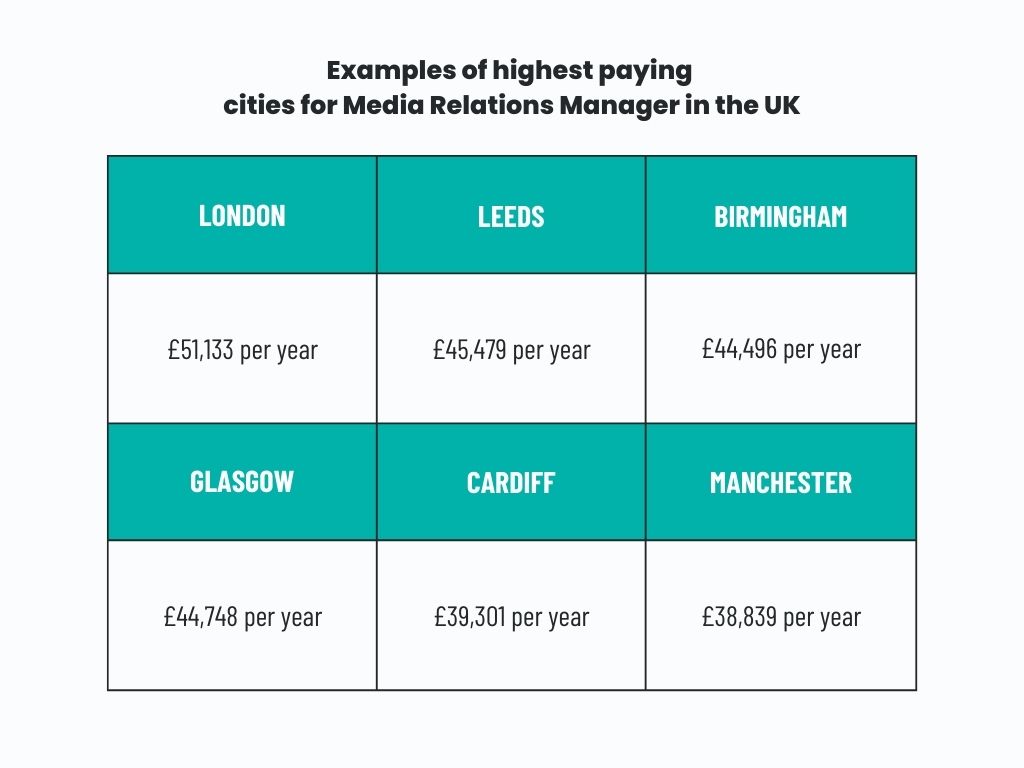
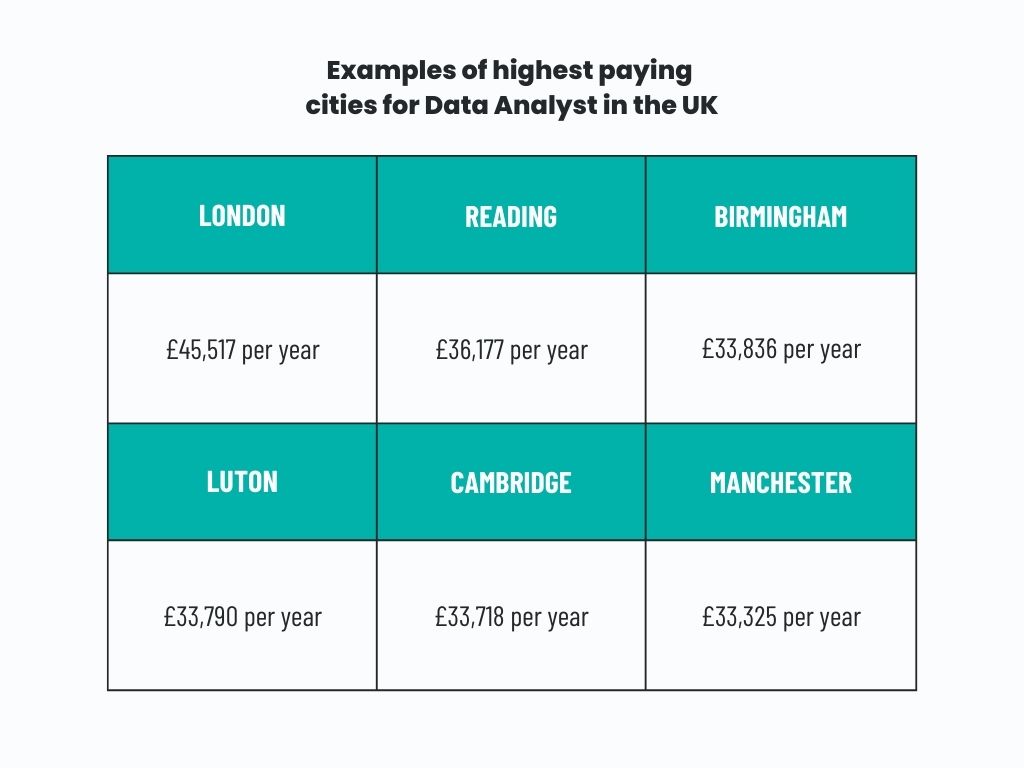
As you can see, there is a spectrum of promising career avenues in the UK with your social sciences degree.
And If you're seeking inspiration, be sure to delve into the success story of one of our former international students - Gaia. She not only completed the final exams for each subject – Communication, Politics, Law, Maths, and Statistics – but also emerged triumphant in her academic journey. This story serves as a testament to the possibilities that await those who dedicate themselves to their studies and harness the knowledge and skills gained through subjects within the scope of social sciences.
Throughout the academic term, international students can work up to 20 hours per week, and during holidays, full-time work is permitted. These rules apply across the entire UK, including England, Scotland, Wales, and Northern Ireland.
However, the guidelines for part-time employment might differ based on the student's visa status and its terms. It's recommended for international students to consult with UK visa and immigration authorities to ensure they're up-to-date on the latest regulations for part-time work.
To work in the UK, it's crucial to visit the gov.uk website and assess the type of work visa that aligns with your nationality and student status.
The SCL Social Sciences International Foundation Programme is a three-term course made for students from around the world who want to move forward to study undergraduate subjects like Law, Politics, International Relations, Economics, and similar areas in the UK.
This course includes learning academic topics, study skills, and having personal tutorials. We'll give you what you need to do well in the university path you pick.
A standout aspect of the SCL International Foundation Programme is the assurance of an interview spot with up to 16 universities in both the UK and Australia. This means you are guaranteed to get at least one offer for a university placement!
Refer to our start dates below for our regular and fast-track admissions and fill in an online application to get started. If you have any questions, we invite you to arrange a free discovery call with us. Just drop us an email at info@sclinternationalcollege.com or use the callback form to schedule a call at your convenience. Our dedicated team is ready to assist and guide you, propelling you toward a rewarding career in social sciences.
Spring Term
8 January - 29 March
Spring Break
1 April - 12 April
Summer Term
15 April - 14 June
Winter Term
30 September - 13 December
Spring Term
6 January - 28 March
Summer Term
21 April - 20 June
Winter Break
16 December - 3 January
Spring Break
31 March - 18 April
Winter Term
14 October - 13 December
Winter Break
16 December - 3 January
Spring Term
6 January - 28 March
Select from below to filter by category.
Subscribe now and get our monthly enewsletter with all our latest tips and guides.